Tomorrow marks a special occasion, as Steam Play celebrates its first birthday! A good time to reflect on how it’s impacted Linux gaming.
Steam Play is a feature of the Steam client on Linux that enables you to play Windows games just like you would with any other Linux game. It’s a feature that was long requested by users, with multiple tickets being opened on Valve’s steam-for-linux bug tracker, like this one, all the way back in 2012.
Announced officially on this day back in 2018, Valve shook the very core of Linux gaming and they’ve certainly made things interesting. What they came up in partnership with the team at CodeWeavers is called Proton—the name given to the software behind Steam Play. It takes Wine with some extra patches and bundles it together with other projects like DXVK. Proton is open source too, available to see on GitHub.
Linux users have used Wine for many years to run all sorts of games and applications from Windows on Linux. An issue with Wine usage is that developers see you as another Windows user in their statistics. Steam Play does help to solve that issue, as your purchases do count and show up as a Linux sale on Steam.
Hard to believe it has already been a year since it was introduced! I remember the intense excitement when Valve announced it, my heart was thumping pretty hard at the possibilities. Things have calmed down now somewhat with Valve putting out regular updates.
It’s no secret that Linux had seen practically no attention from AAA studios. Even the porting studios that previously gave us a number of bigger games have gradually pulled back. This is why Steam Play is and will continue to be important to the future of Linux gaming. Not necessarily just to give us easier access to brand-new big games as they come out, but also by enabling newer users on Linux to not lose access to their big back catalogue of titles. This is important to keep people on Linux.
As for the progress on Steam Play, it’s amazed me at times. Many games really are just click and play! One particular example that stands out is when Valve shipped Proton 4.2-4 on May 14th which enabled RAGE 2 to work on release day.
In our own community here at GOL as well as across the wider internet, the amount of posts I've personally seen about Proton enabling people to remove Windows is astonishing too. I've honestly lost count of reading things like "Proton is the reason I deleted my windows partitions", which is always fun to see.
Let’s not get carried away though, it has a very long way to go still. Tons of classic titles don’t currently work, some have big performance problems, ALT+TAB can be a problem and new games with various issues are being released every week. Like Linux gaming as a whole, it faces a rather huge mountain to climb but exciting steps are gradually being made.
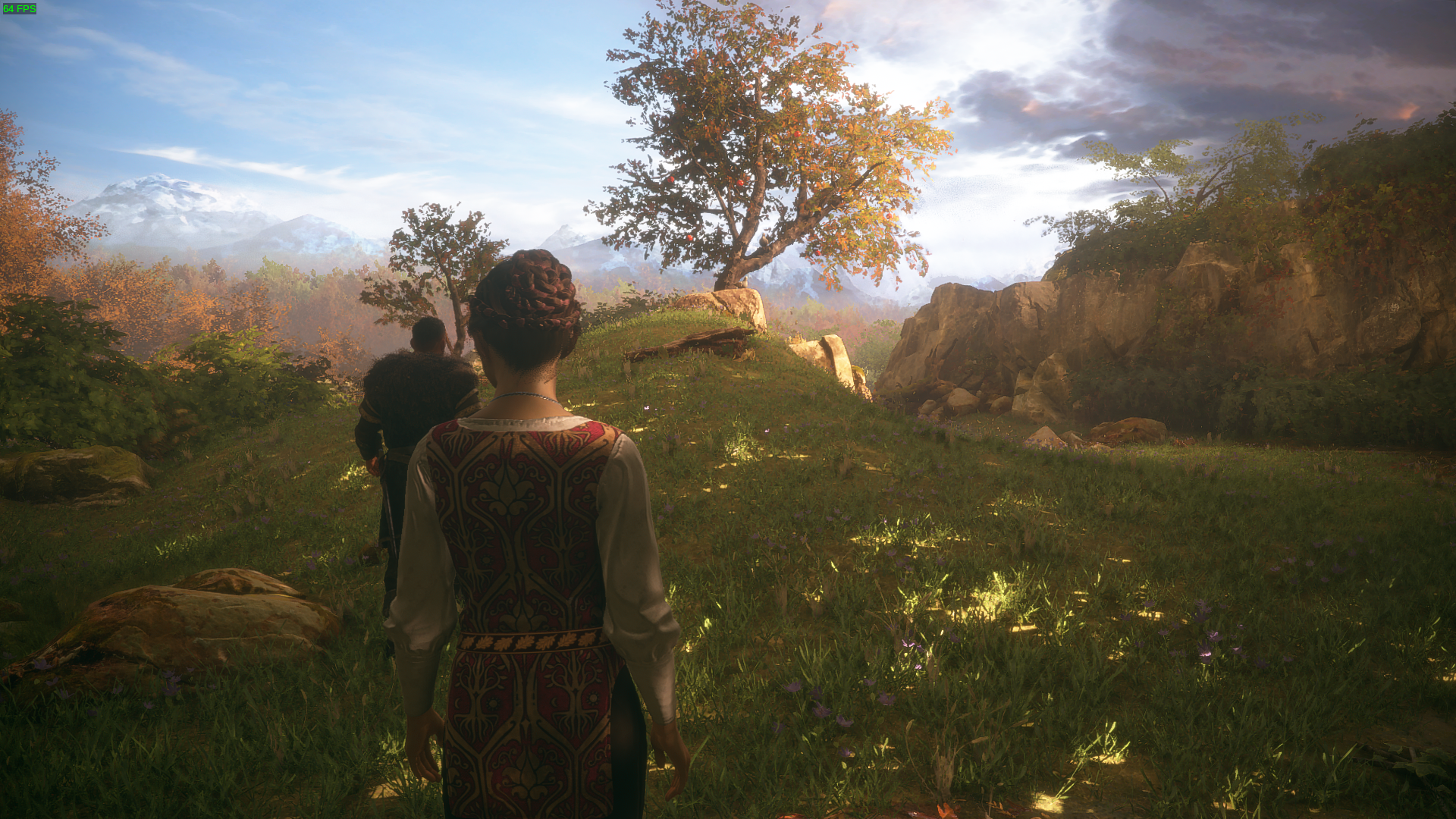
A Plague Tale: Innocence on Linux
According to the statistics available from ProtonDB, the unofficial tracker for Steam Play, there’s currently:
- 5,987 "games work"
- 1,129 games rated "Platinum"
- 1,160 games rated "Gold"
- 750 games rated "Silver"
- 406 games rated "Bronze"
- 493 games rated "Borked" (Broken)
Those ratings do always need to be taken with a heavy dose of salt though, as a lot of people don’t really stick to what the rating was originally meant for. There are cases of people reporting things as Platinum, when a bunch of manual steps are needed and things like that. Overall though, it’s still a good measure.
The next big steps for Steam Play will be (in no particular order):
- Easy Anti-Cheat Support
- BattlEye Support
- D9VK by default to speed up Direct3D 9 titles (currently experimental)
- Some kind of presence on the Steam store
The biggest hurdles of course are the anti-cheat systems like Easy Anti-Cheat and BattlEye. Both of these are currently being worked on for Steam Play compatibility. Once they work, the number of titles supported will likely rocket upwards, since there’s a lot of multiplayer games that use them.
For those worried about any possible decline in "native" Linux support, as I’ve said before in a different article: first we need more users, then we can worry about actual developer support. However, we certainly shouldn’t put off developers from supporting Linux if they can. Steam Play is not a replacement for supported titles but a companion. We need to break the cycle of people not wanting to game on Linux due to not having the games they want and developers not supporting Linux because of a lack of users. Steam Play, at least in my opinion, remains the best way to break this cycle.
Something I find interesting is how there’s been quite a number of posts across here, Reddit, Steam and other places with people telling developers to “just support Steam Play”. In reality, that likely won’t happen often if ever. Mainly as that would actually require developers to regularly test builds with Steam Play and so ensure everything they do works with it. With the drama surrounding Rust removing the Linux version, I thought about this point more. Garry Newman mentioned Steam Play and that “it'll be unsupported by us and could break at any time”.
If a game doesn’t work, you do have Valve’s refund option (great) but when so many games are updated way past release (often multiple times a week), breakage can be a major problem. You might wait weeks, a month or more for an update to Steam Play and it might not even include the fixes your game needs. Although, this can possibly be worked around using custom Proton builds but the issue of support then comes up again.
Newer versions of Steam Play breaking games has happened, but thankfully it’s mostly a non-issue as long as Valve continue leaving older versions available.
Not to downplay the progress of Steam Play but officially supported ports, “native” or not, will remain vitally important. They shouldn’t just break, but when they do, you’ve paid for official support and you would expect the developer to somewhat promptly fix it.
That said, Steam Play is brilliant! I do use it and will continue to do so as both a fan of what Steam Play has enabled and someone who is excited about new software and tech. It’s giving us things we couldn’t get easily before and that’s fantastic. It can also give a fresh boost to really old Linux ports, revive long-dead Windows games with better performance and more. Hopefully Steam Play will continue to mature, get more awesome and eventually when Linux takes over the world, not be required for new games. One step at a time though, right? We will be here at all steps of the journey of course.
For another anniversary post, do check out Andrew Eikum’s write up over at CodeWeavers. Always fun to learn a little behind the scenes info, I especially liked this bit "Proton is one piece in the much larger picture of allowing the Linux platform to be competitive with, and even surpass, other platforms.". I also realise at this point, that Eikum and I are now quoting each other in articles which is slightly amusing.
Additionally, Ethan Lee, the developer of FNA, FAudio and tons of Linux ports said on Twitter "The FAudio and FNA communities owe a lot to the Proton project for their development support over the past year. With our partnership we've done really good work for both Win32 preservation and native games for platforms of all kinds!".
Since it gets emailed in often: I’m currently waiting to hear back from Valve about answering a few questions. They have the questions, just waiting on answers. Unsure if it will happen or not, so fingers crossed on that one.
Happy birthday!Thank you ^_^
Wait, August 21st is the birthday of Steam Play? It's also my birthday!And you contain protons!
Subscription model. Some people might like that. Tbh, depending on the price I would probably use a subscription model with Steam.
You still have to buy those games on Stadia. The subscription is to get additional features and maybe some games on the side. It's just another store front, one where you don't get to play those bought games locally. Personally I believe that Valve will eventually make their own streaming service on top of the existing game library and with the help of Proton be able to stream whatever you own without need for the game to be specifically ported for the platform as is the case of Stadia. Even in current state of Linux/Proton gaming, such a streaming service would crush Stadia on the spot.
Not really, Valve doesn't have smartphones, which are probably the #1 target they expect this to shine. (since it is basically video streaming with some input gathered. They will just put up pairing with a controller on a smartphone and you have your google powered "nintendo switch" just with all the pc games you can imagine).
I think Valve is probably trying to make moves on the desktop and/or console front, where the customers will not appreciate if their games are streamed.
I have a Windows 7 partition which I used to boot into every now and then. It's not that all my Windows games work under Proton yet, but I have enough options that booting to Windows isn't worth the trouble. At Easter I switched GPUs from AMD to Nvidia, and I still haven't bothered installing the Nvidia drivers in Windows. Admittedly I will probably get to this next month to take advantage of the free Uplay+ trial to try Asscreed Odyssey.
I do find it interesting to think about the Proton business case. Just throwing some numbers out there. Assume ~100 million Steam users, and maybe 1 million of them use Linux. If Valve spend $3m a year on Proton development, they need to average an additional $10 sales from each Linux user to break even (assuming their 30% cut). This seems plausible to me, but only with a platform the size of Steam.
Developing and supporting an independent implementation of the Windows gaming interfaces in this way seems like a much more efficient use of development effort than each developer maintaining their own ports.
Uh Valve charges way too much, their profit is huge, they're rolling in money, they just wanted a way to combat Microsoft's store. So you don't need to worry or care about whether or not the cut that Valve takes from Linux game sales is enough to pay the devs they have improving Linux and Wine.
Sources that they charge way too much.
Last edited by rustybroomhandle on 21 Aug 2019 at 9:07 am UTC
Proton's allowed me to experience some amazing games (e.g., Eastshade) over the past year that seem unlikely to get a Linux version, so I'm quite thankful for it. As long as I get to play a game, and show up as a Linux gamer to the developer to maybe encourage them to go native in the future, I'm happy. :)
I think it's worth mentioning Codeweavers is currently looking for a permanent contractor to work on Proton!
But,
I'm extremely cautious about CDProjekt announcements on Stadia (at least, a memory of a certain Witcher3 on Linux...). I don't trust them with the support of Linux (care about Gog Galaxy ?). I think they do the minimum (who says advertising display ?). Their experience of Witcher 2 port was catastrophic.
However, SteamPlay is a big progression and promotion of Linux Gaming.
Promotion because of Youtube's, Twitch's users who makes videos to compare, tests, comments Linux ports, or gaming with Proton. It's a big progress !
Progression, because more games works, and, in fact, more simply to run (or with the same habits with the windows users).
Happy first birthday, hoping there will be a plenty or others in the futur !
Last edited by Nasra on 21 Aug 2019 at 9:04 am UTC
Not really, Valve doesn't have smartphones, which are probably the #1 target they expect this to shine. (since it is basically video streaming with some input gathered. They will just put up pairing with a controller on a smartphone and you have your google powered "nintendo switch" just with all the pc games you can imagine).
I think Valve is probably trying to make moves on the desktop and/or console front, where the customers will not appreciate if their games are streamed.
I dont think Valve not having phones is in any way relevant. Purpose of streaming is to be platform independant. What matters is that people have phones and yea, they will want to stream on their device. Valve already has Steamlink on the phones though, so they are already in that part of business. Granted, Steamlink (atleast how we currently know it) might not be sufficient for full scale streaming service, but it already can do the job, even over internet and not just local network.
So Stadia will most certainly create more native Linux versions of games, but Linux as a desktop/gaming OS might not see much improvement from that.
Proton on the other hand is promoting users to switch to Linux, while game studios don't have to worry about any porting efforts or cost concerns. Which might certainly reduce the number of native Linux versions that are released, but on the other hand you - as a Linux user - stand to benefit both from an increased market saturation as well as improvements in Linux's ability as a desktop/gaming OS.
Of course, since I have no interest in streamed games at home - and nowhere near good enough a connection while on the go, Stadia is just going to be one of those things that exists but that I won't use. Simply because it doesn't offer anything to me.
Last edited by Ananace on 21 Aug 2019 at 9:46 am UTC
Since it gets emailed in often: I’m currently waiting to hear back from Valve about answering a few questions. They have the questions, just waiting on answers. Unsure if it will happen or not, so fingers crossed on that one.
Does this include questions about other compatibility tools?
I'd love to have AGS as an easy to use tool to play adventures not ported to Linux...!
(Didn't read through all messages yet...)
Since it gets emailed in often: I’m currently waiting to hear back from Valve about answering a few questions. They have the questions, just waiting on answers. Unsure if it will happen or not, so fingers crossed on that one.
Does this include questions about other compatibility tools?
I'd love to have AGS as an easy to use tool to play adventures not ported to Linux...!
Why bother? Windows' AGS under Proton runs better than native AGS anyway. That's based on my limited experience running Unavowed under Proton versus Lamplight City and Gemini Rue via native AGS (with the OpenGL support patch, before it got merged). All great games by the way.
Most of the articles I've seen about that emphasizes on what Linux can do more than Windows to the point of overselling it a bit. Maybe being blunt about what to expect could flip some switches and make some people think "it's not as bad as I thought it would be, why not give it a try then?"
Hi Liam,
I think it's worth mentioning Codeweavers is currently looking for a permanent contractor to work on Proton!
"Proton", or wine? Normally Codeweavers work on wine, as far as I know. Of course Valve are helping to fund that work these days. I just like to be specific, because wine gets used a bit more widely outside of Steam. Of course, if they really are dedicating work to "Proton", then it's probably stability for the specific patch sets to wine that make up "Proton", rather than new features or anything.
(Just curious.)
Yes you're right asking! The offer is : General Wine Developer [Valve Steam Play/Proton]!
Hi Liam,
I think it's worth mentioning Codeweavers is currently looking for a permanent contractor to work on Proton!
"Proton", or wine? Normally Codeweavers work on wine, as far as I know. Of course Valve are helping to fund that work these days. I just like to be specific, because wine gets used a bit more widely outside of Steam. Of course, if they really are dedicating work to "Proton", then it's probably stability for the specific patch sets to wine that make up "Proton", rather than new features or anything.
(Just curious.)
Yes you're right asking! The offer is : General Wine Developer [Valve Steam Play/Proton]!
Now that is interesting - sounds like it's wine work, but dedicated to resolving steam play problems.
To be clear - I don't mind this; indeed this is what I think funding open source work should be like. Much as I don't like gaming reliance on a proprietary platform (steam), I do like how Valve work to improve open source projects that help themselves. If only more companies worked that way.
I wouldn't be surprised if we will see Google also supporting
more gaming-related open-source projects in the future.
Drivers
Profiling
...
Maybe they already do? Don't know. Anybody?
Last edited by sub on 21 Aug 2019 at 1:22 pm UTC
My partner just switched to Linux 100%, even though she can't run Photoshop anymore. We're currently playing Final Fantasy XIV together. That's the real value of Proton right there.
I have a friend who did the same. Got sick of Windows and switched to Linux cause he could still play his games. That's it.
Not because of the freedom, open source, or privacy concerns (he figures in this day and age MS/Google/Facebook know all about him anyway). He just wanted to play games, and Proton made that possible.
My personal opinion is that both Stadia and Proton are promoting Linux, just in different ways. Stadia is encouraging developers to write Linux versions of their games, while not necessarily releasing said Linux versions except to Google - who are curating the platform and ensuring the stability of said releases.I do like the idea that Google is driving AAA’s to hire Linux professionals and increase their in-house expertise on the platform. That creates more employment opportunity for existing developers, and in the long term we get more developers who are "tuned into" Linux as a potential release target. Even if the big studios won’t do it, those developers might be interested in Linux when they move out.
So Stadia will most certainly create more native Linux versions of games, but Linux as a desktop/gaming OS might not see much improvement from that.
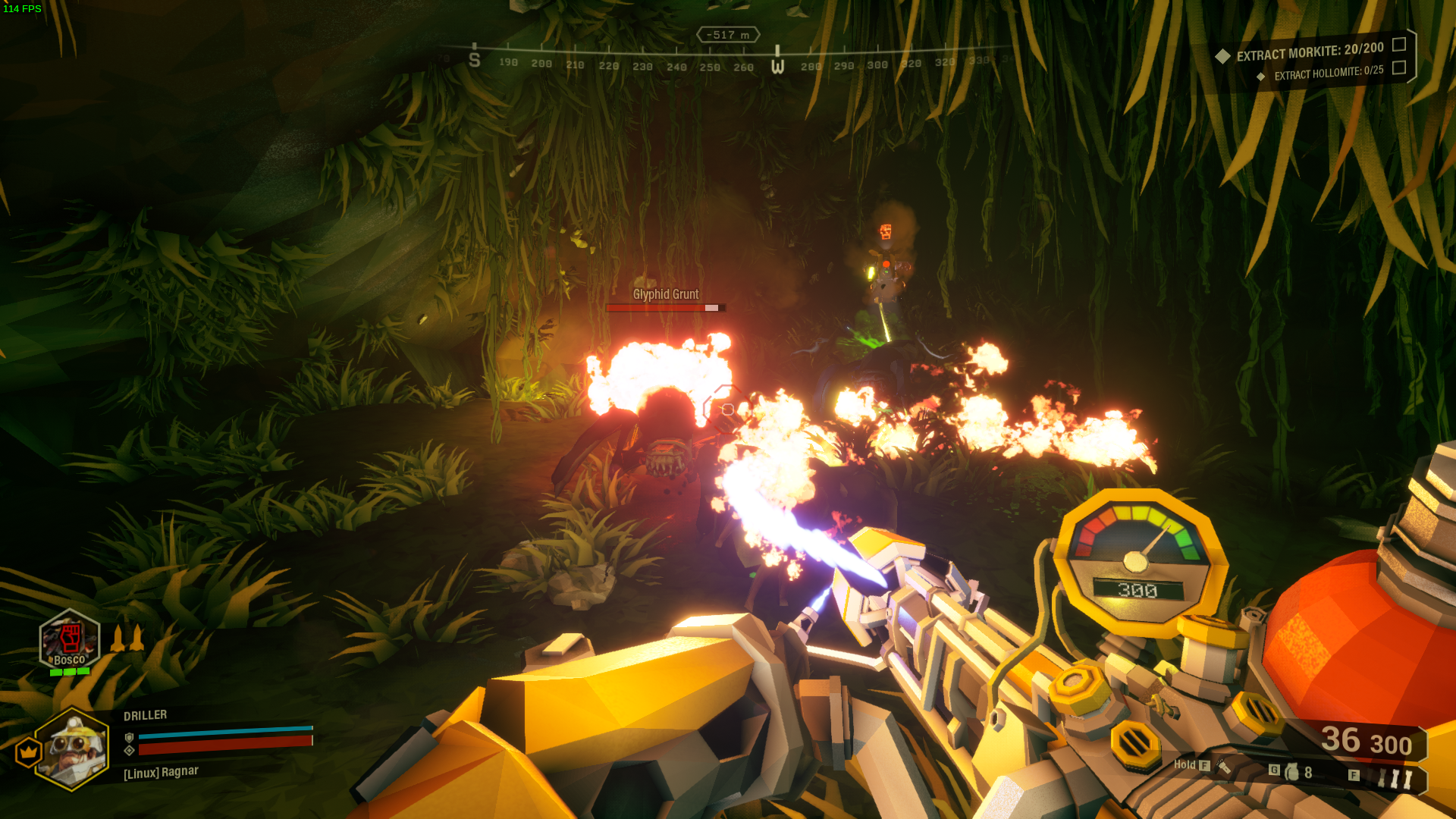
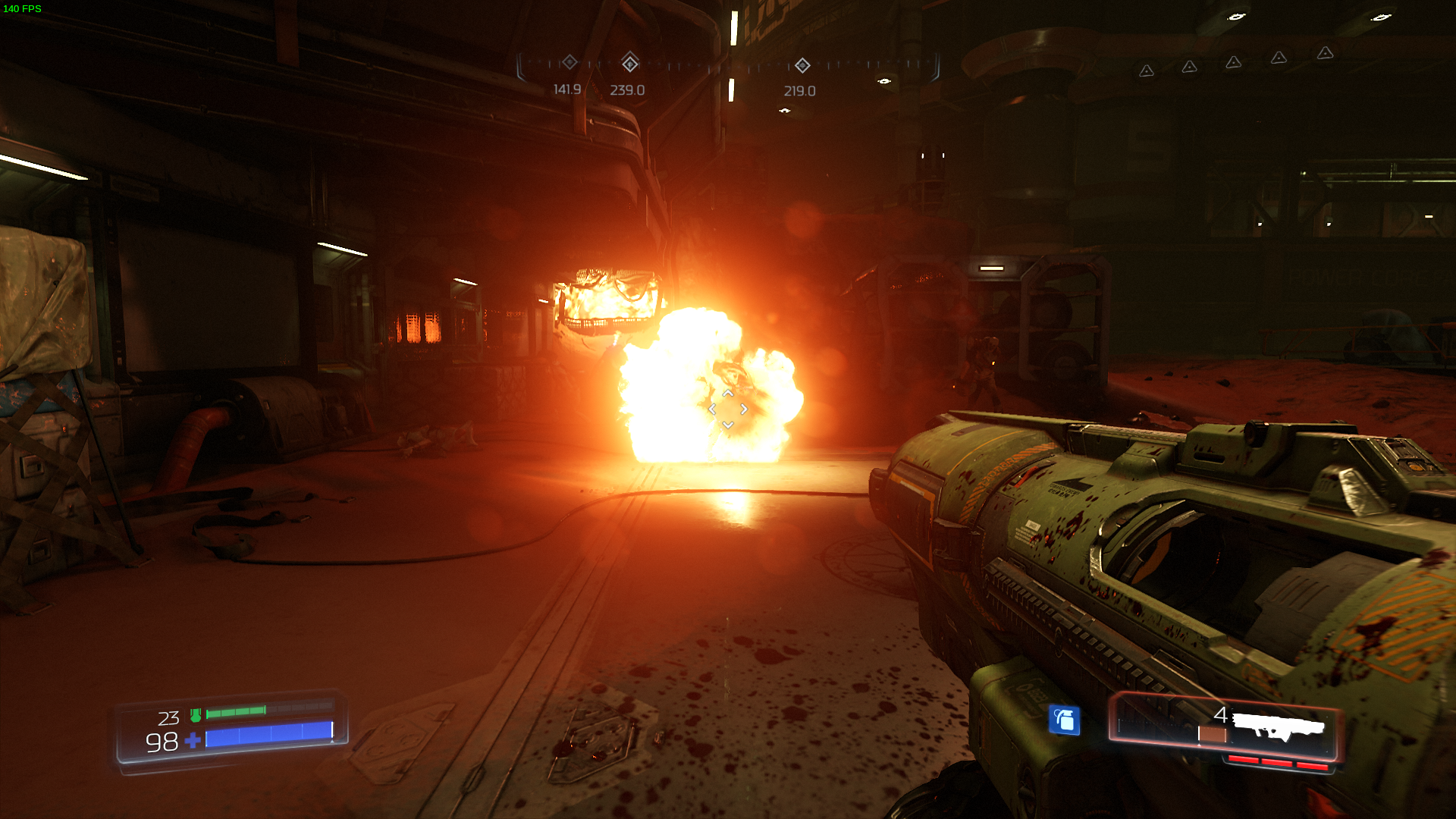
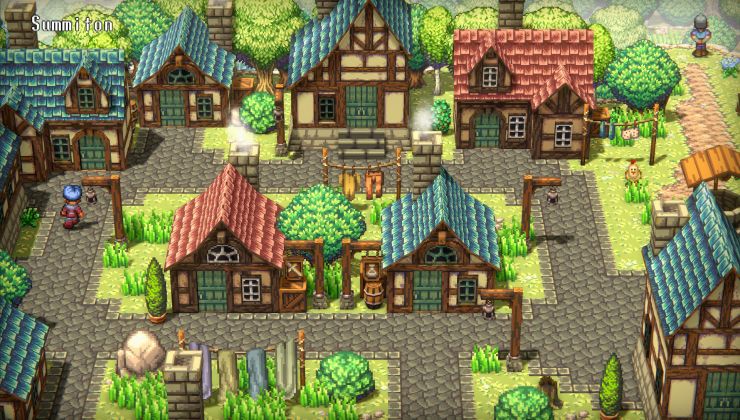
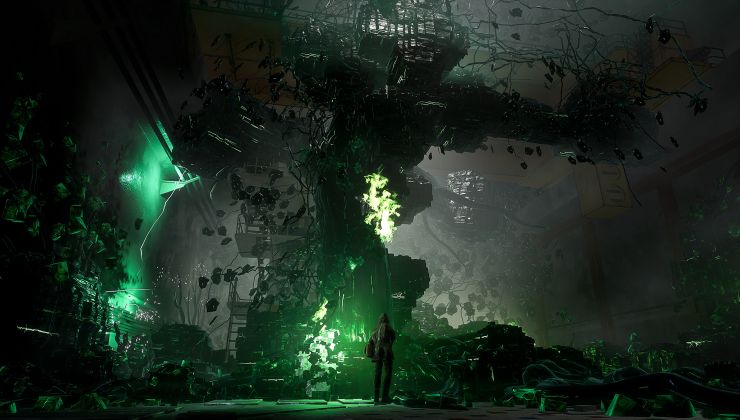
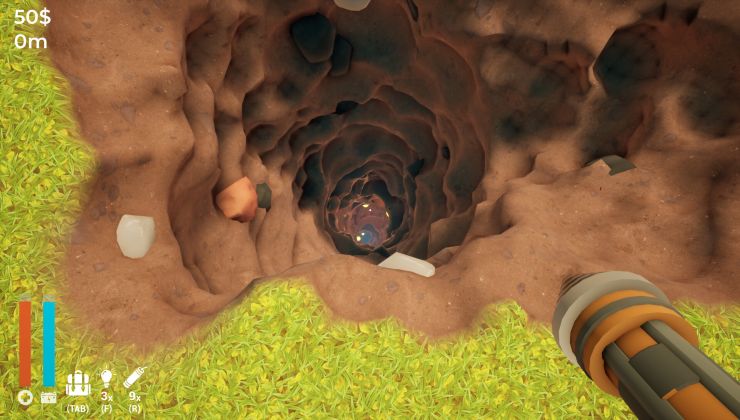








 How to set, change and reset your SteamOS / Steam Deck desktop sudo password
How to set, change and reset your SteamOS / Steam Deck desktop sudo password How to set up Decky Loader on Steam Deck / SteamOS for easy plugins
How to set up Decky Loader on Steam Deck / SteamOS for easy plugins
See more from me